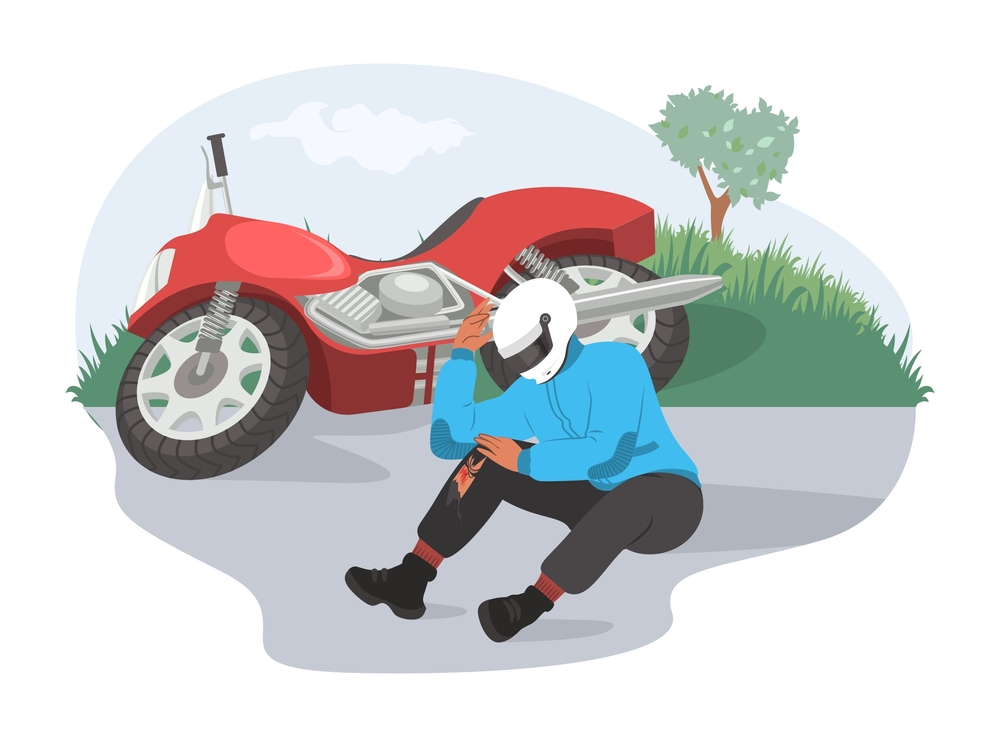Due to its compactness and performance, two-wheelers have become the most popular mode of transportation.
While the vehicle provides a hassle-free riding experience, as a responsible owner, you must ensure that you do not miss out on purchasing or renewing it on time. According to statistics supplied by the Insurance Information Bureau, more than 60% of two-wheelers on Indian roadways are uninsured. Non-renewal of two-wheeler insurance might result not only in a loss of financial protection but also in legal issues. Continue reading to learn about the disadvantages of not having insurance for your two-wheeler car.
Riding a two-wheeler without insurance is a criminal offence.
The Motor Vehicles Act of 1988 requires all vehicle owners to have a two-wheeler insurance coverage that protects them against third-party harm. As a result, failing to get third-party insurance for your motorcycle may result in a fine of up to Rs. 2000 or imprisonment for up to 3 months.
Insurance coverage for two-wheelers has expired.
Failure to renew two-wheeler insurance on time results in policy lapse, which means the insurance provider is no longer obligated to pay for losses caused to a third party or your vehicle. When you do not renew your two-wheeler insurance coverage on time, even after the grace period has expired, it is regarded to have lapsed. The grace period is a 30-day period beginning on the date of policy expiration during which the two-wheeler policy may be renewed. In the event of an unexpected incident within this time, your expired two-wheeler insurance will not cover you.
No-claim bonus forfeiture
When you cover your two-wheeler with an insurance company and do not file a claim, the firm compensates you with a no-claim bonus, which is a premium decrease. This discount may be increased to 50% if you do not file a claim for five years in a row. However, if you do not renew your insurance on time, you will not be eligible for an NCB discount. If your insurance has been inactive for 90 days or more, you will no longer be eligible for the NCB discount. NCB may also be transferred from one two-wheeler insurance to another if you decide to change insurers.
Legal obligations
Third-party insurance protects you against third-party person or property loss, death, or disability. Comprehensive insurance coverage, on the other hand, covers both third-party and your own losses. If you ride a two-wheeler without insurance and get into an accident, you might face legal and financial consequences. You will be responsible for any costs associated with the damage.
Process that takes time
Renewal of an expired bicycle policy is a time-consuming procedure. You would have to go through the complete two-wheeler insurance purchase procedure again. A surveyor will assess your car for damages and dents, which may result in an increase in premium. You will also lose NCB benefits and wind up paying a higher price if you renew the insurance after 90 days.
READ ALSO: Avoid These Mistakes When Renewing Your Bike Insurance Policy Online
Conclusion
It is advisable to have continuing insurance coverage for your bike in order to remain insured and prevent costly consequences later on. Because of the advancement of technology, purchasing and renewing bike insurance has become simple, and you can simply set reminders to renew the policy on time.



1 Comment
Pingback: Irdai wants life insurance firms to eye 50% premium growth in 5 years - Bimanow